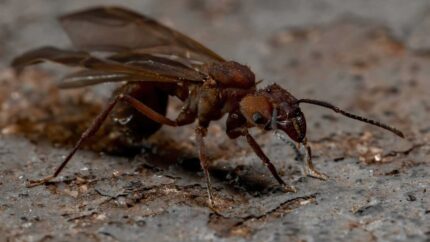
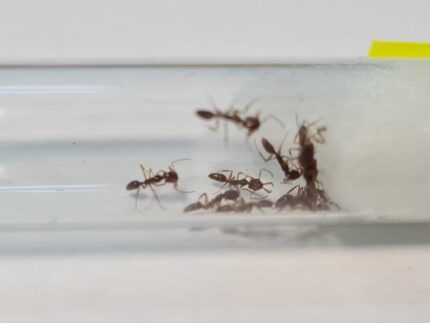
Anochetus modicus
399,90 zł – 639,90 zł
Worldwide shipping
Free delivery over 500 PLN
The highest quality of goods
Live delivery guarantee
24/7 Personal Support
Fair Prices
Description
Anochetus modicus is a monogynous ant species with a colony size of up to 600 workers. They have a medium development rate and a queen that measures 6-7 mm in size, while workers measure 5-6 mm. They are orange-brown in color and feed on live insects and sweet fruit. The humidity in their arena should be 50-70%, while the nests require 70-90% humidity. The optimal temperature for their habitat is 24-30 °C.
Additional information
| Behavior | |
|---|---|
| Difficulty in breeding | |
| Origin | |
| The size of ants | |
| Wintering |
Anochetus modicus: The Trap-Jaw Ant with Unique Features
Are you looking for an interesting and distinctive ant species to add to your collection? Look no further than Anochetus modicus. This monogynous ant, known for its trap-jaw feature, is sure to captivate ant enthusiasts of all levels with its remarkable abilities. In this comprehensive guide, we will explore the characteristics and benefits of keeping Anochetus modicus as pets, including their colony type, size, nutrition, humidity preferences, temperature requirements, and recommended nests for breeding.
Colony Details
- Colony Type: Monogyny
- Colony Size: Up to about 600 workers
- Development Rate: Slow
Size and Color
- Queen: 6-7 mm
- Workers: 5-6 mm
Nutrition Needs
When it comes to the Anochetus graeffei’s diet, they thrive on a combination of live food insects, such as cockroaches and crickets, as well as sweet fruits. Offering a varied diet to your colony ensures their optimal health and well-being, allowing you to observe their foraging behaviors as they hunt down their prey.
Habitat Requirements
- Humidity: Arena: 50-70%, Nest: 70-90%
- Temperature: Arena: 24-30 °C, Nest: 22-27 °C
Feature of the Species: Trap-Jaw
The trap-jaw feature is the defining characteristic of Anochetus modicus. This intriguing ability allows the ants to rapidly snap their mandibles shut with incredible speed and force, creating an impressive mechanism for capturing prey and defending the colony. The precision and power behind this mechanism make Anochetus modicus a formidable predator and a truly unique species to observe and study.
Recommended Nests for Breeding
When it comes to providing a suitable nesting environment for your Anochetus modicus colony, several materials are recommended. Acrylic, gypsum, and aerated concrete nests offer the ideal combination of durability and breathability, ensuring consistent airflow while providing the necessary space for the ants to establish their chambers and galleries. These materials are easy to clean and maintain, allowing for a hygienic and comfortable living environment for your ants.
In conclusion, Anochetus modicus offers an extraordinary ant-keeping experience for enthusiasts looking for a captivating and distinctive species. From their monogynous colony structure and impressive trap-jaw feature to their manageable colony size and moderate developmental rate, these ants have much to offer. By providing the right nutrition, maintaining appropriate humidity and temperature levels, and offering suitable nests for breeding, you can create a thriving environment for your Anochetus modicus colony. Prepare to be amazed by these unique ants and embark on an exciting journey of discovery into the fascinating world of Anochetus modicus.


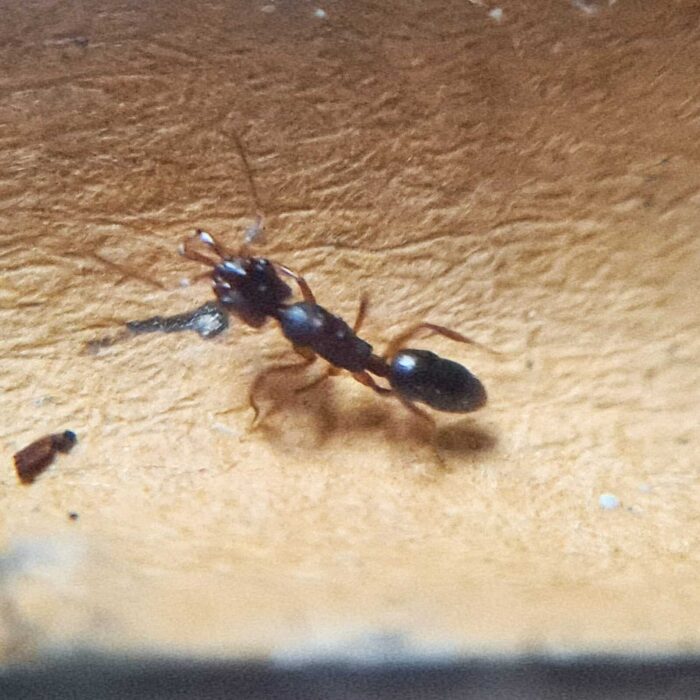
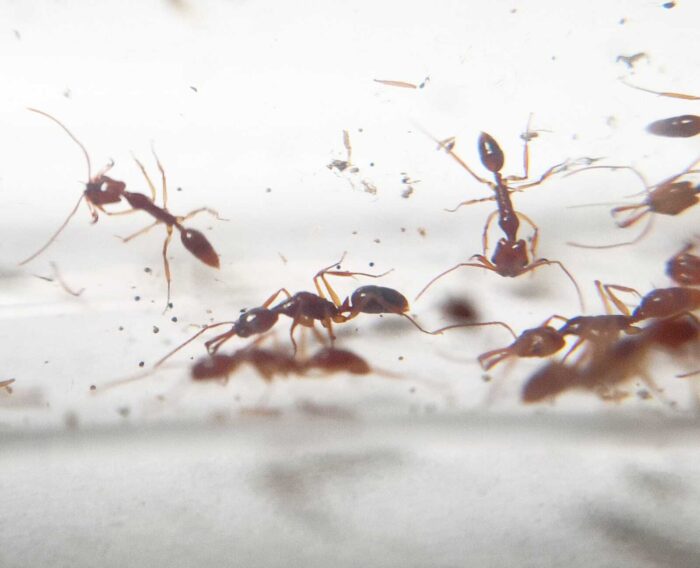
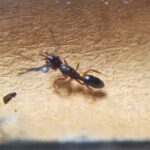
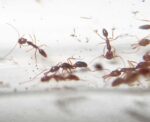
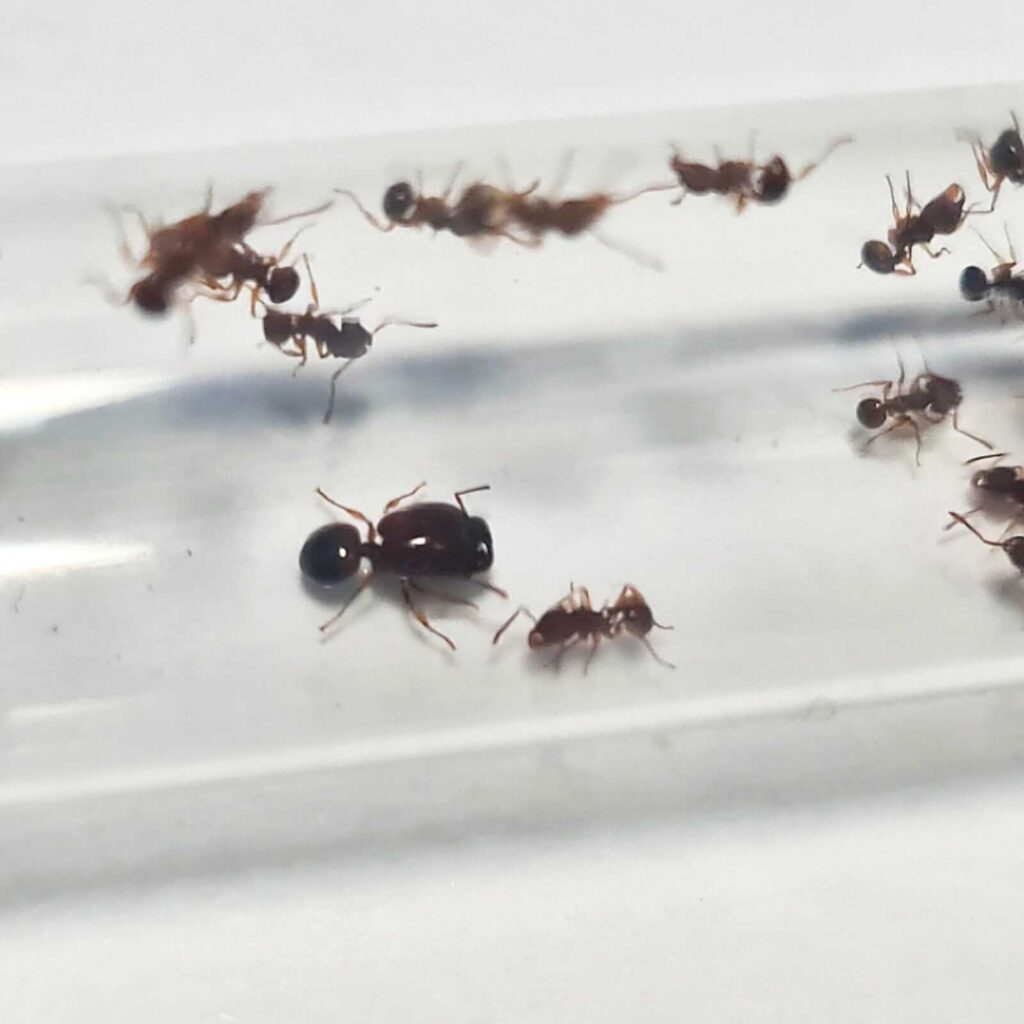
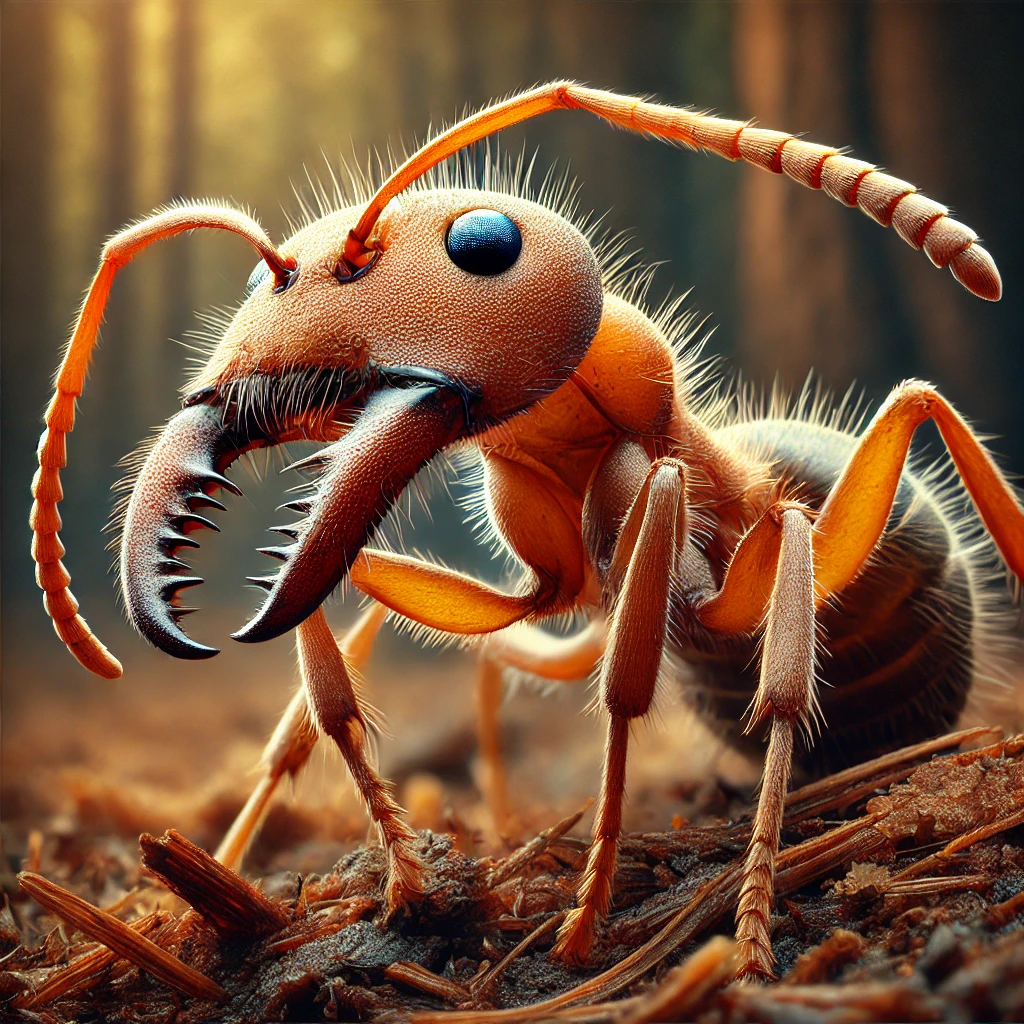
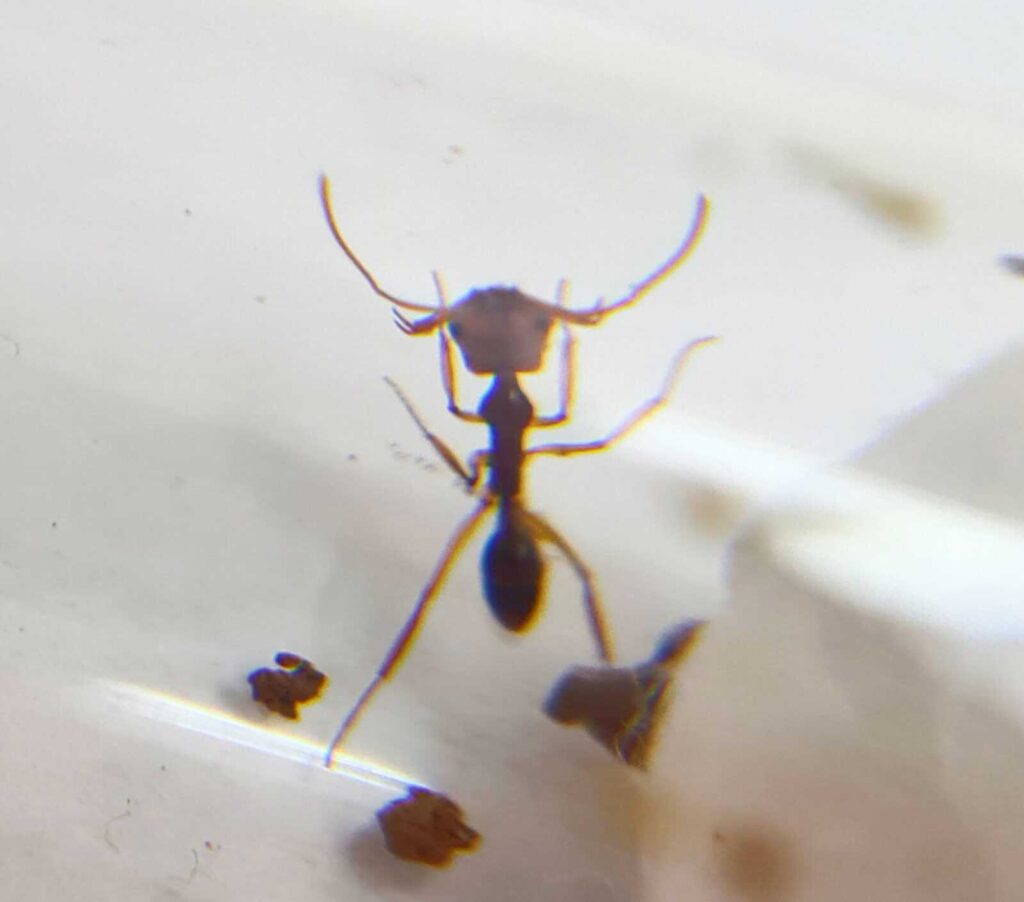
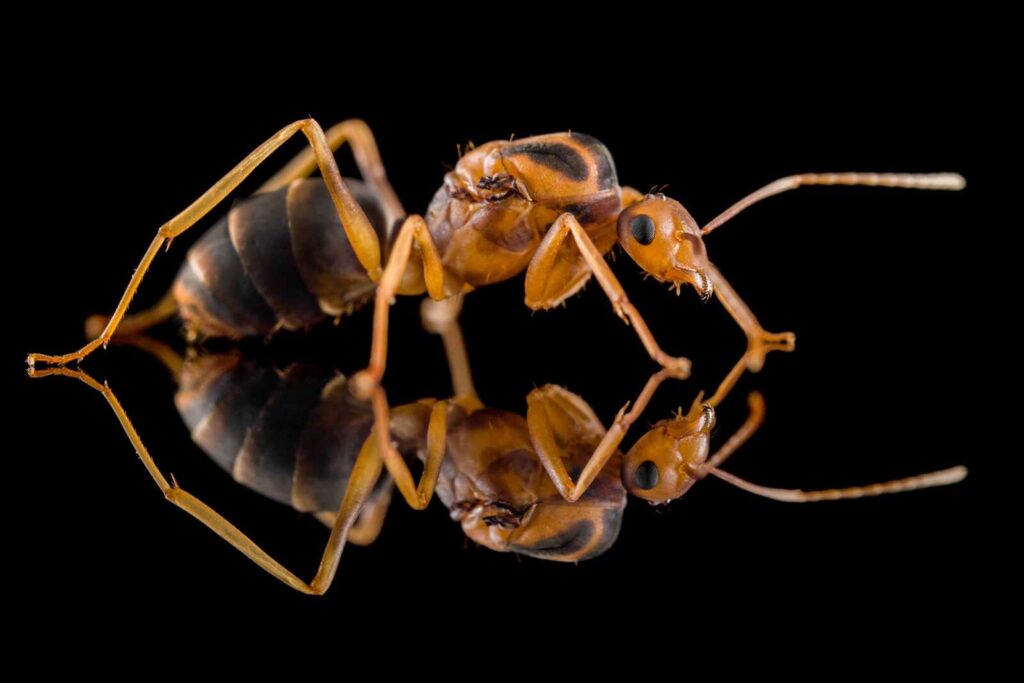
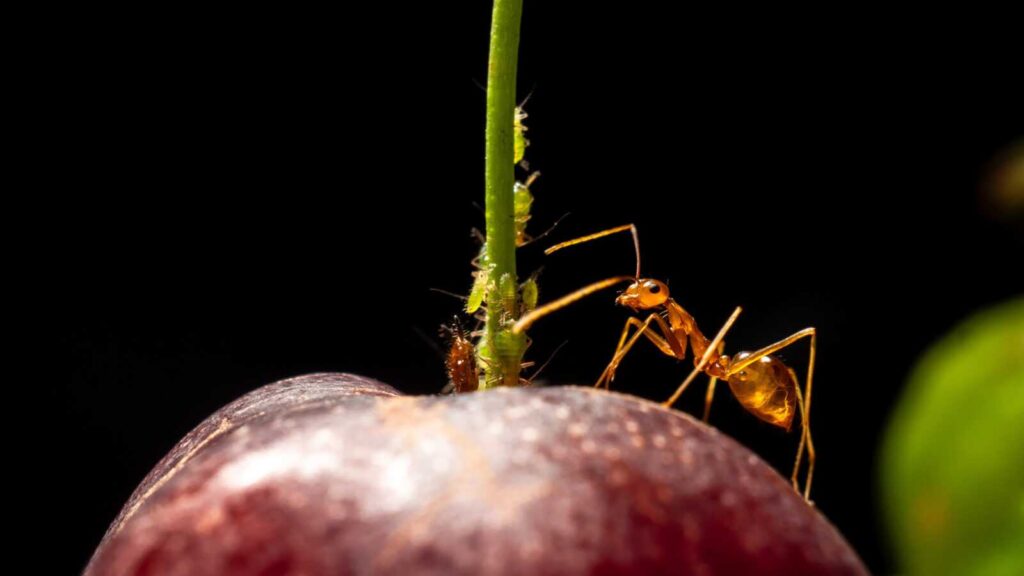
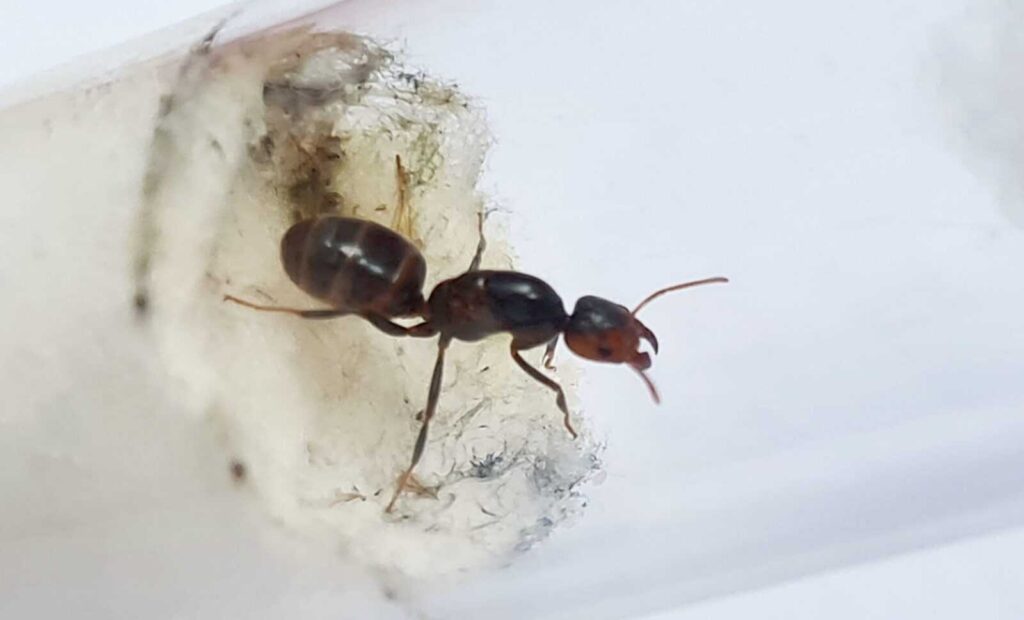
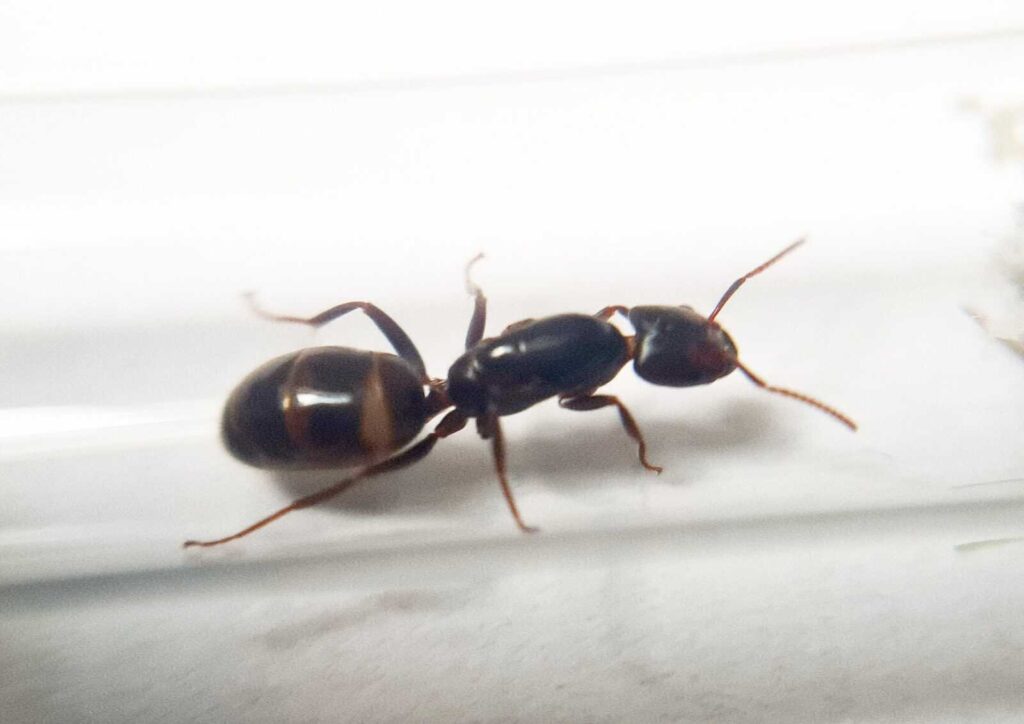
There are no reviews yet.